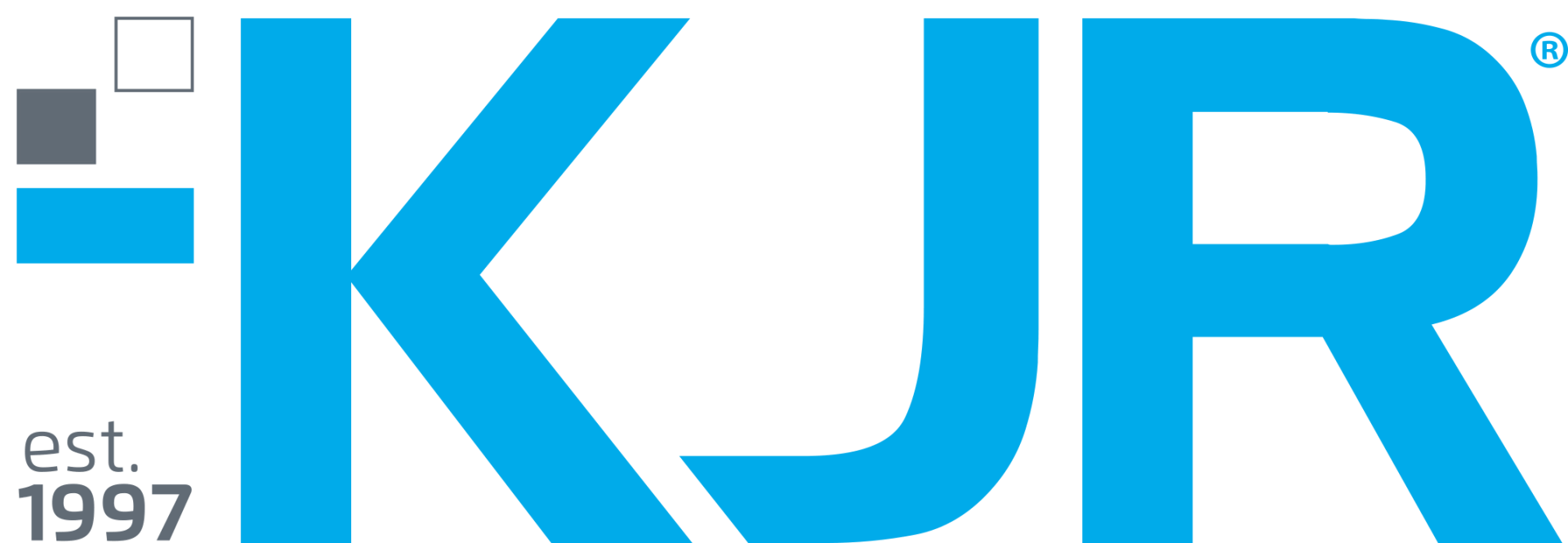Estonia – a masterclass in digital
In our second piece on digital governments we shift our focus to Estonia, a country KJR has strong links with here in Australia.
The digital transformation of Government is no mean feat. The level of complexity within government is much higher than a private organisation and then there is the bureaucracy that goes along with having multiple layers of decision-making and the natural slow speed that things actually get done at.
Even with these inherent difficulties, some countries have done extraordinarily well with digital transformation and their citizens are seeing huge benefits. The most noted countries are South Korea, Denmark and Estonia. Recently, KJR and the Estonian Australian Chamber of Commerce and Industry hosted an event discussing Estonia’s success and what Australia could possibly learn and implement.
Estonia, an unexpected success
Estonia gained independence from the former USSR in 1991 and with this fresh start, provided the country with a clean slate to choose its new government. This fork in the road saw a benefit from the start by reducing bureaucracy and increasing citizen participation that it still enjoys today.
Much of the success can be attributed to former Estonian President, Toomas Hendrik Ilves, who served from 2006 to 2016 and during the period of rapid growth. Mr Ilves now advises the World Economic Forum on blockchain.
Even before his presidency, in 1997 Mr Ilves managed to get every Estonian school online just as the internet was becoming mainstream around the world and ensured that every citizen had a digital ID card with two factor authentication by the year 2000. However, the most crucial step he took was his involvement in passing the ‘digital signature’ law in late 2000 meaning anyone could sign documents online without requiring a ‘wet signature’. Something few countries have managed to follow even 18 years later and it really paved the way for all digital services to follow. It is estimated that digital signatures alone deliver a 2% GDP saving compared to paper-based systems.
Speaking about the period during a recent interview at Stamford University, Mr Ilves puts the success simply down to focusing on things that matters to everyday people: “We provided services that the people like such as very simplified tax returns or digital prescriptions via your ID card with no authentication necessary as it’s all built into the system.”
“The public-sector service cannot afford to be worse than the private. For us, it makes perfect sense to offer services electronically to our citizens the same way private companies do; citizens are like shareholders who demand better results in every aspect of their life.”
Estonia’s list of successes includes improving public safety where IT has helped to strengthen public order and reduce accidents. The use of IT tools by the security services has halved the number of deaths by accident in Estonia over the last 20 years. Employees of the security services are now able to remotely determine 35% of the locations of accident victims to within a 5-metre radius, and 93% of emergency calls are answered within 10 seconds. Estonian police no longer need to stop cars for technical checks, as all the relevant data is available using their onboard computer. This has made the police 50 times more efficient.
Blockchain has become a hot global technology in recent years, however Estonia has been leading the blockchain revolution since the Estonian government began testing the technology in 2008. Since 2012, blockchain has been in operational use in Estonia’s registries, such as its national health, judicial, legislative, security and commercial code systems, with current plans to extend its use to other spheres such as personal medicine, cybersecurity and data embassies.
Today, over 95% of the data generated by hospitals and doctors in Estonia has been digitised, and blockchain technology is used for ensuring the integrity of stored electronic medical records as well as system access logs.
e-Health solutions allow Estonia to offer more effective preventative measures, increasing the awareness of patients and also saving billions of euros. Each person in Estonia has his or her own online e-Health record, containing their medical case notes, test results, digital prescriptions and X-rays, as well as full log-file tracking access to the data.
Impressed? This is just the beginning of their plans with a digital nation, digital embassies, intelligent transportation, digital education system and more still to come. Learn more about it here.
So, what can Australia learn from Estonia?
To put things in context Australia is much larger than Estonia where the low population and small geographical area makes the implementation of such systems much easier. There are around 1.3 million people living in Estonia, so that’s about the same as Adelaide, and the landmass is smaller than Tasmania’s entirety.
Like Estonia, Australia must tailor-make its digital capabilities to respond to the specific needs of its citizens. The business case for such a transformation is certainly compelling with the amount of money that can be saved and the fewer people required to undertake a far more efficient and user-friendly service.
But is Australia ready yet, culturally? As everyone knows the discussion about the national ID card didn’t go down well, and the move from ‘wet signatures’ to digital signatures would be a challenge for many of the population to still grasp.
Finally, the biggest hurdle is trust in the system by the population. Because of the way the system grew from what the population demanded, Estonians have a very high level of trust, and rightly so as little has gone wrong. But would Australians have the same level of trust? Particularly following the Census bungle of 2016 and the distrust directed towards My Health Record last year. But with $38.3million sent towards the ABS in order to avoid sins of the past, perhaps we’ll get on the right track towards building trust in the Australian people towards a digital society. Time will tell.
Why is KJR so intrigued by Estonia? From where we’re sitting, the opportunity to closely examine Estonia’s evolving digital transformation, both technically and socially, is part of establishing a practical methodology for assessing digital maturity and assisting our clients across both private and public sector take the next steps in digital. Learn more about KJR’s Digital Maturity Model here.
Follow KJR on LinkedIn for all our content as it’s released.








